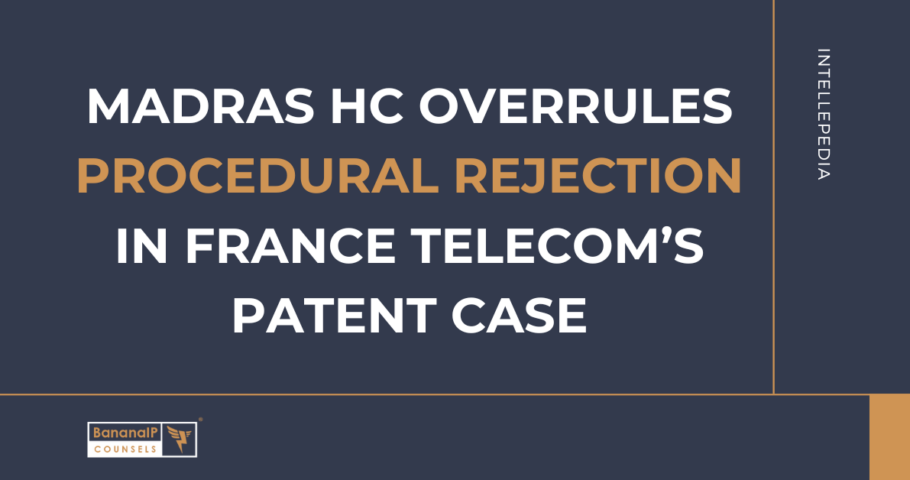The Madras High Court overturned a patent refusal in Signal Pharmaceuticals vs. Deputy Controller of Patents, citing a lack of reasoning in the rejection order. The Court observed that the Patent Office failed to address the applicant’s arguments, disregarded amended claims, and provided no justification for the refusal under Section 2(1)(ja) and Section 3(d) of the Patents Act. The case was remanded for reconsideration, reinforcing the necessity of well-reasoned patent orders. Continue Reading Reasoned orders are a necessity in patent…










